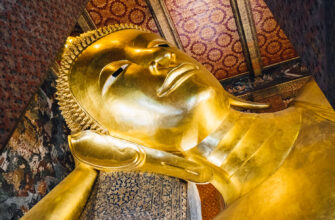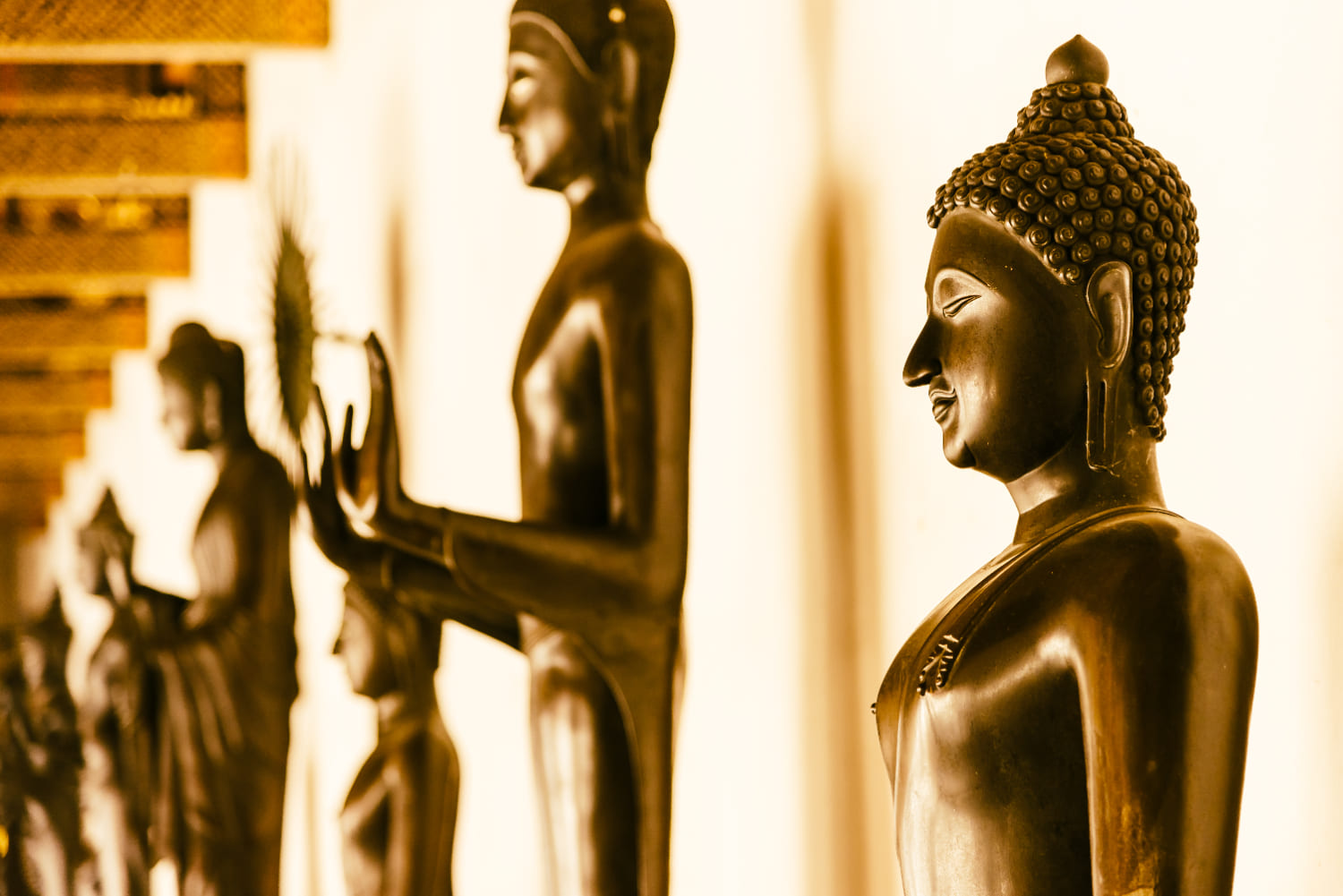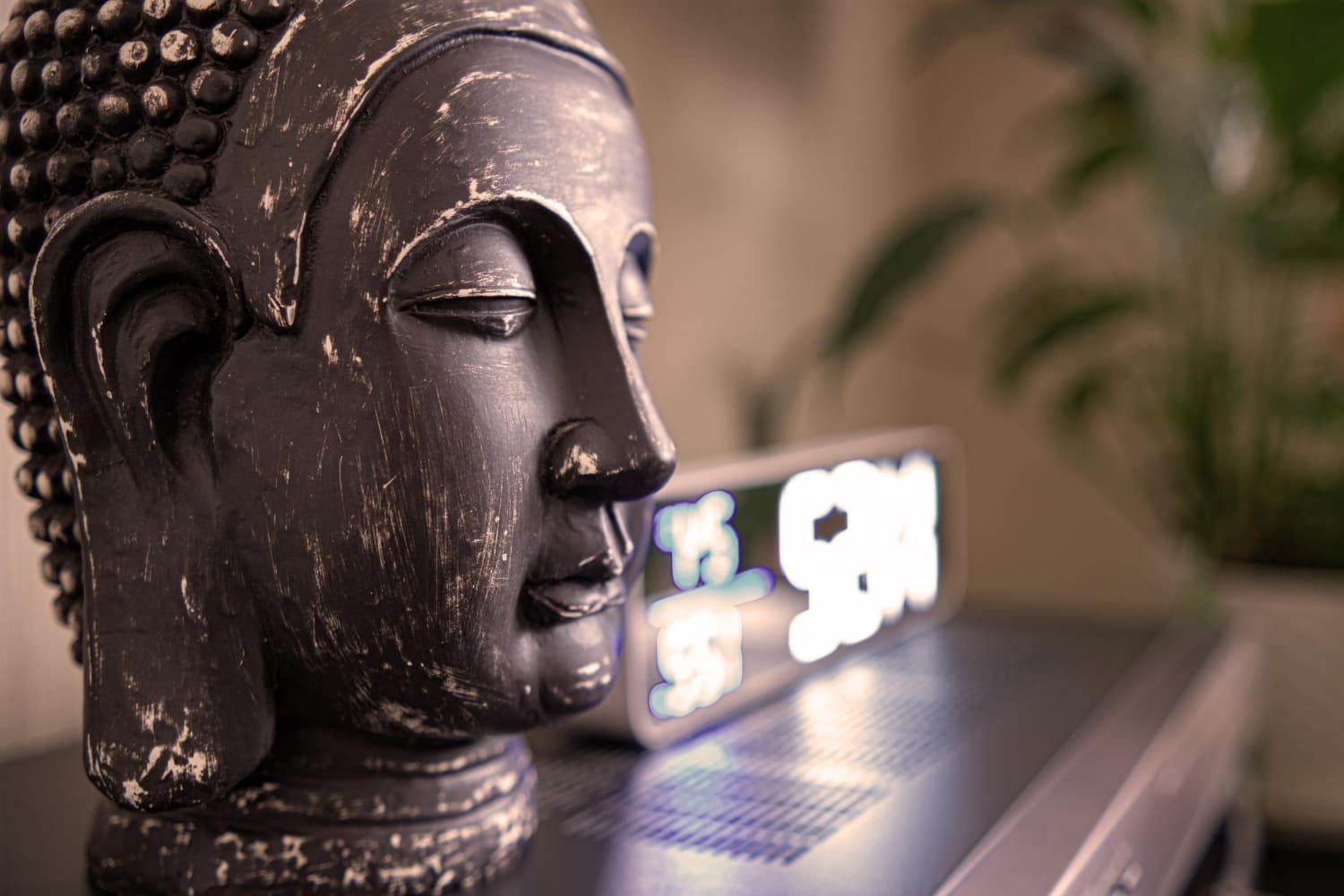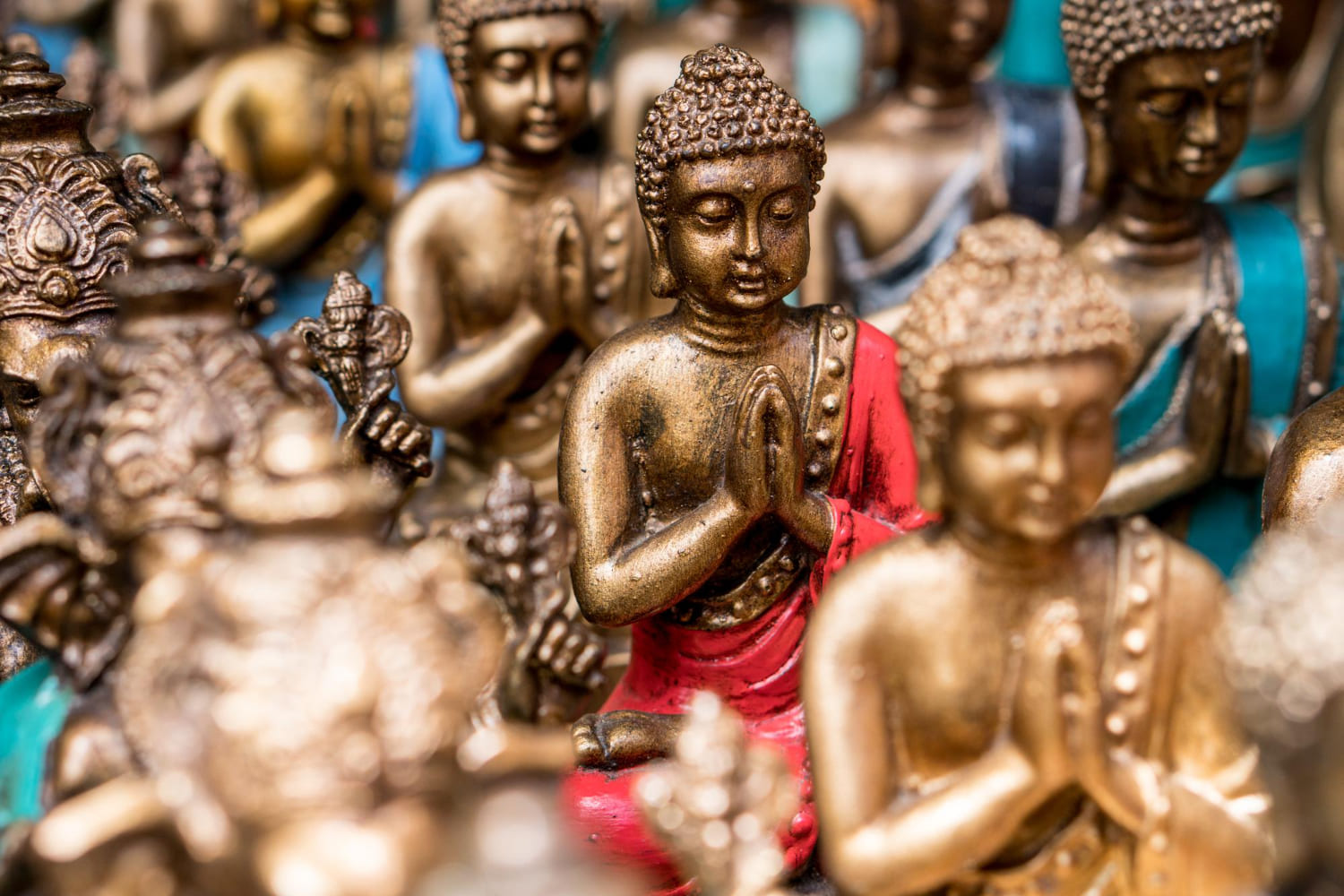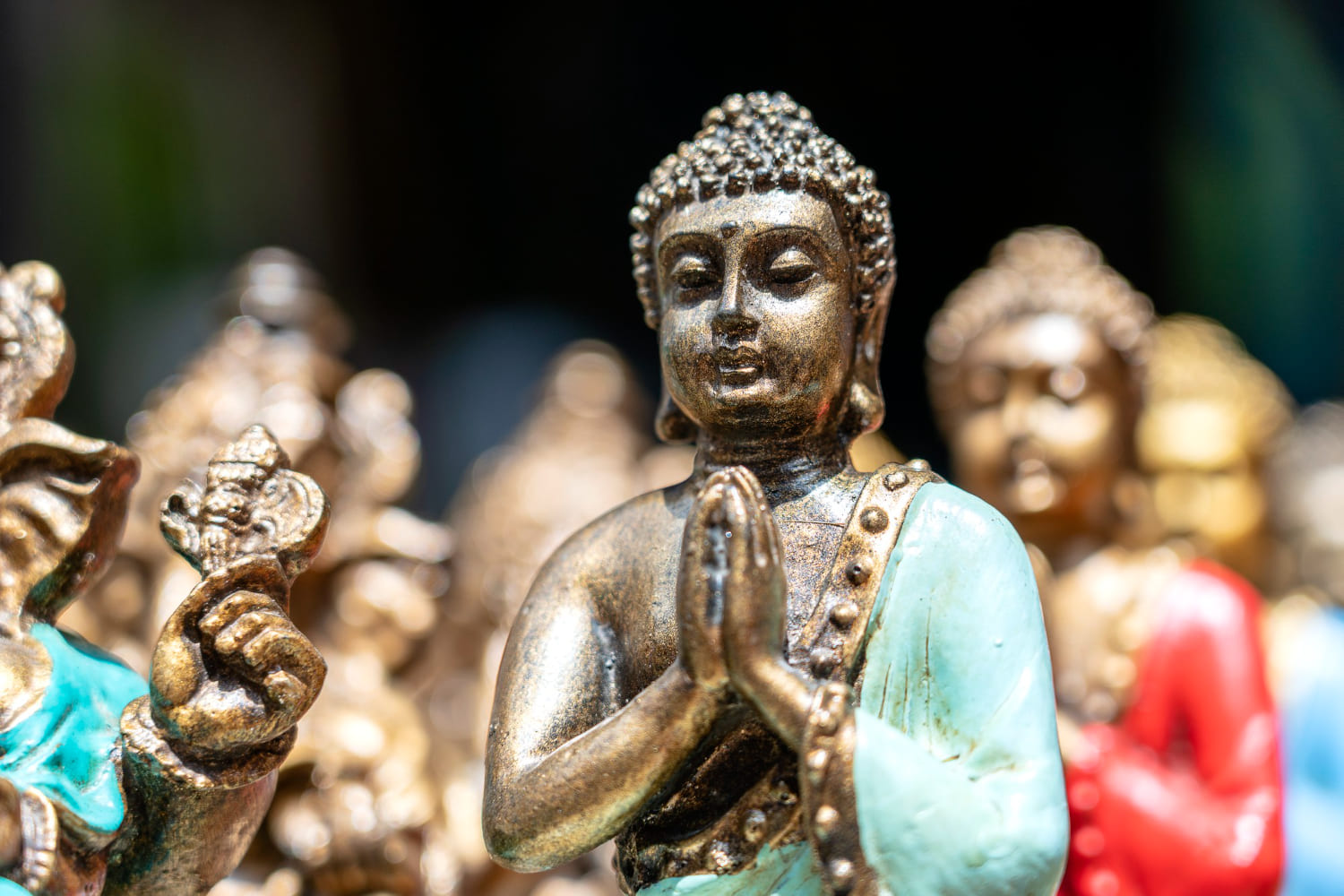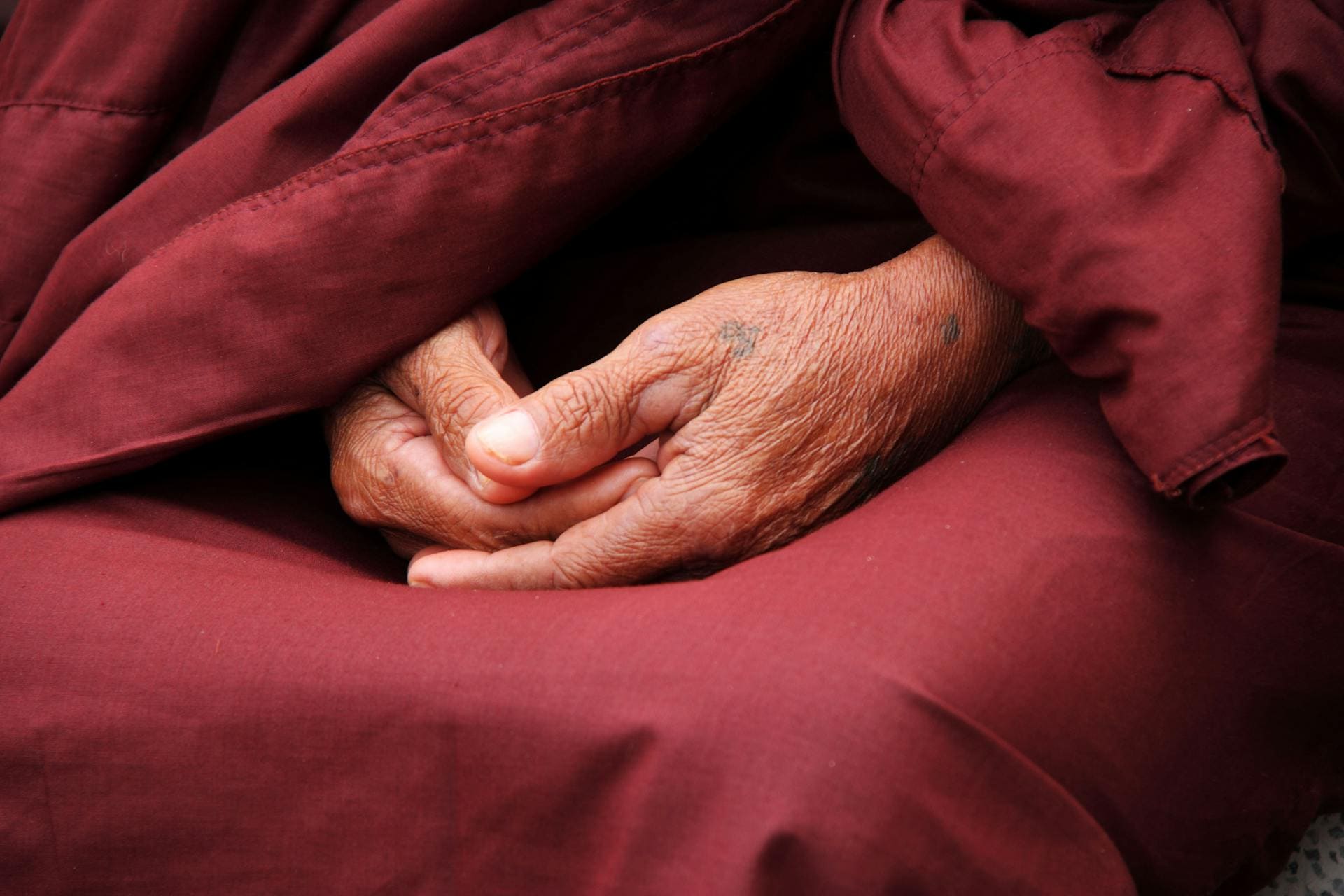Buddhism is a religion that has been around for thousands of years, and its teachings have spread across the world.
One of the fundamental aspects of Buddhism is its emphasis on following specific rules and guidelines to live a moral and ethical life.
These rules are intended to help practitioners develop compassion, mindfulness, and wisdom.
The rules of Buddhism can be quite complex, and there are many different sets of rules that practitioners may follow depending on their specific tradition.
One of the most well-known sets of rules is the Five Precepts, which outline basic ethical principles such as not harming living beings, not stealing, and avoiding harmful speech.
Another set of rules is the Pātimokkha, which is a list of 227 rules of conduct that all bhikkhus (monks) are supposed to observe.
The Concept of Buddhist Rules
Buddhism is a religion that is based on the teachings of the Buddha. The Buddha taught that there are certain rules that Buddhists should follow in order to lead a good life.
These rules are known as the Buddhist precepts. The precepts are guidelines for ethical and moral behavior that Buddhists should follow in their daily lives.
The precepts are not commandments or laws that must be followed. Instead, they are suggestions for how to live a good life. The precepts are based on the idea that all living beings are interconnected, and that our actions can have an impact on others.
By following the precepts, Buddhists can create a more peaceful and harmonious world.
There are different sets of precepts in Buddhism, depending on the tradition and the level of commitment. The most basic set of precepts is called the Five Precepts.
These are:
- Do not harm or kill living things.
- Do not take things unless they are freely given.
- Lead a decent life.
- Do not speak unkindly or tell lies.
- Do not abuse drugs or drink alcohol.
These precepts are considered the foundation of Buddhist ethics. They are meant to be followed by all Buddhists, regardless of their level of commitment.
However, there are other sets of precepts that are more specific and are meant for those who are more committed to the Buddhist path.
For example, there are precepts for monks and nuns, as well as precepts for laypeople who want to deepen their practice.
The Importance of Buddhist Rules
Buddhists follow a set of guidelines for daily life called the Five Precepts, which are:
- Do not harm or kill living things.
- Do not take things unless they are freely given.
- Lead a decent life.
- Do not speak unkindly or tell lies.
- Do not abuse drugs or drink alcohol.
These rules are not commandments or laws that must be followed, but rather a way of life that helps individuals lead a more peaceful and compassionate life.
The Five Precepts are considered the foundation of Buddhist morality and are often used as a guide for ethical behavior.
The importance of these rules lies in their ability to help individuals cultivate mindfulness, compassion, and wisdom.
By following these guidelines, individuals can learn to live in harmony with themselves, others, and the world around them.
Additionally, Buddhist rules are not meant to be restrictive or limiting, but rather a way to free oneself from suffering and cultivate inner peace.
By living a life in accordance with these rules, individuals can develop a sense of inner calm and contentment.
The Five Precepts
The Five Precepts are the most important system of morality for Buddhist lay people. They are the basic code of ethics to be respected by lay followers of Buddhism.
The Five Precepts are not formulated as imperatives, but as training rules that lay people undertake voluntarily to facilitate practice.
Here are the Five Precepts:
- Refrain from taking life. Do not kill any living being.
- Refrain from taking what is not given. Do not steal anything.
- Refrain from the misuse of the senses. Avoid any action which will lead to too much stimulation of senses.
- Refrain from wrong speech. Do not lie or speak harshly or maliciously.
- Refrain from intoxication. Do not consume alcohol or drugs.
These precepts are not commandments or laws, but rather guidelines for living a compassionate and ethical life. They are intended to promote kindness, generosity, and mindfulness in our interactions with others and with ourselves.
The Five Precepts are not just for Buddhists. They can be practiced by anyone who wants to live a more ethical and compassionate life.
By following these precepts, we cultivate a sense of responsibility and respect for all living beings, and we develop a deeper understanding of our interconnectedness with the world around us.
The Eight Precepts
The Eight Precepts are a set of guidelines that lay Buddhists observe on observance days and festivals. They are designed to help individuals develop virtue (sila) and sense restraint, and to help curb desire and direct attention inwardly.
The Eight Precepts are:
- Refraining from killing living beings
- Refraining from stealing
- Refraining from sexual activity
- Refraining from false speech
- Refraining from intoxicants
- Refraining from eating after noon
- Refraining from entertainment and adornment
- Refraining from using high or luxurious beds
The Eight Precepts are typically observed by lay Buddhists on Uposatha Day, which occurs on the full moon and new moon days.
However, they can also be observed at other times to help direct the focus inwardly and cultivate a pure mind. The Eight Precepts are considered to be a traditional practice that goes back to the time of the Buddha.
It is important to note that the Eight Precepts are more strict than the Five Precepts, which are the basic set of precepts observed by lay Buddhists at all times.
While the Five Precepts include refraining from killing, stealing, sexual misconduct, false speech, and intoxicants, the Eight Precepts go further to include refraining from eating after noon, entertainment and adornment, and using high or luxurious beds.
The Ten Precepts
The Ten Precepts are a set of rules that are observed by novice monks and nuns in Theravada Buddhism.
These rules are considered to be a summary of the most important precepts of the monastic monks and nuns.
The Ten Precepts are as follows:
- Refrain from killing living beings.
- Refrain from stealing.
- Refrain from sexual misconduct.
- Refrain from false speech.
- Refrain from taking intoxicants.
- Refrain from eating at inappropriate times.
- Refrain from dancing, singing, music, and watching entertainment.
- Refrain from wearing perfume, jewelry, and other adornments.
- Refrain from sleeping on high or wide beds.
- Refrain from accepting gold and silver.
These rules are meant to be observed by novice monks and nuns in order to help them develop discipline, mindfulness, and morality.
The Ten Precepts are not meant to be followed by laypeople, who are instead encouraged to observe the Five Precepts.
Observing the Ten Precepts requires a commitment to a monastic lifestyle, which involves living in a monastery, following a strict schedule of meditation, studying Buddhist texts, and performing daily chores.
By observing these rules, novice monks and nuns are able to develop a deeper understanding of Buddhist teachings and cultivate a sense of inner peace and harmony.
Buddhist Rules for Laypeople
As a layperson, there are certain Buddhist rules that you should be aware of. These rules are designed to help you live a moral and ethical life, and to cultivate wisdom and compassion.
Here are some of the most important rules for laypeople:
- Refrain from killing: One of the most basic Buddhist rules is to avoid taking the life of any living being. This includes not only humans, but also animals and insects.
- Avoid stealing: Taking what is not freely given is considered a violation of the Buddhist precepts. This includes not only physical objects, but also intangible things like intellectual property and ideas.
- Avoid sexual misconduct: Sexual behavior that is harmful or exploitative is considered a violation of the Buddhist precepts. This includes adultery, rape, and any sexual activity that involves deception or coercion.
- Avoid lying: Speaking truthfully is an important aspect of Buddhist practice. This means refraining from lying, gossiping, or spreading rumors.
- Avoid intoxicants: The use of drugs and alcohol is considered a violation of the Buddhist precepts, as it can cloud the mind and lead to unwholesome behavior.
In addition to these basic rules, laypeople are also encouraged to practice generosity, kindness, and compassion. This includes giving to those in need, helping others, and treating all beings with respect and kindness.
By following these rules and cultivating positive qualities, laypeople can live a life that is in harmony with Buddhist principles and teachings.
Buddhist Rules for Monks and Nuns
Buddhist monks and nuns follow a strict set of rules and guidelines known as the Vinaya. These rules are designed to promote discipline, mindfulness, and ethical behavior.
The Vinaya contains two sets of codified rules that govern the lives of monks and nuns. The rules for nuns are known as the Bhikkhuni Patimokkha and there are 311 of them. In contrast, the rules for monks are known as the Bhikkhu Patimokkha and there are 227 of them.
The rules for monks and nuns cover a wide range of topics, including proper conduct, food and drink, clothing, and personal possessions. For example, monks are not allowed to handle money or engage in any type of business activity.
They are also required to wear simple robes and are only allowed to possess a few basic items, such as a razor and a water filter. Nuns are subject to similar rules, but they are allowed to possess a few more personal items, such as a needle and thread for sewing.
Monks and nuns are also required to follow strict guidelines when it comes to their behavior and interactions with others. They are expected to treat all living beings with kindness and compassion, and to avoid engaging in any type of harmful behavior.
This includes abstaining from lying, stealing, and engaging in sexual misconduct. Monks and nuns are also expected to live a celibate lifestyle, and are not allowed to engage in any type of sexual activity.
In addition to these rules, monks and nuns are also required to follow a strict daily routine that includes meditation, chanting, and other spiritual practices.
They are expected to wake up early in the morning and spend much of their day in quiet reflection and contemplation. This strict routine helps to promote mindfulness and spiritual growth, and is an essential part of the Buddhist path.
Overall, the rules for monks and nuns are designed to promote ethical behavior, mindfulness, and spiritual growth.
By following these rules, monks and nuns are able to live a simple, disciplined life that is focused on spiritual practice and the pursuit of enlightenment.
Common Misconceptions About Buddhist Rules
There are many misconceptions about Buddhist rules and the way they are followed.
Here are some of the most common misconceptions:
- Buddhist rules are strict and rigid: While it is true that Buddhist rules are designed to be followed strictly, they are not rigid. The rules are meant to be followed with compassion and understanding, and there are always exceptions to the rules in certain situations.
- Buddhist rules are only for monks and nuns: While it is true that monks and nuns follow a stricter set of rules, laypeople are also expected to follow certain rules. Laypeople are expected to follow the Five Precepts, which include abstaining from killing, stealing, sexual misconduct, lying, and intoxicants.
- Buddhist rules are outdated and irrelevant: While some of the rules may seem outdated or irrelevant in modern times, they still hold value and relevance in the Buddhist community. The rules are meant to promote ethical behavior and mindfulness, which are still important values in today’s society.
It is important to understand that Buddhist rules are not meant to be followed blindly, but rather with understanding and compassion.
By following these rules, individuals can cultivate a sense of mindfulness and ethical behavior, which can lead to a more fulfilling and peaceful life.
Dos & Don’ts
Dos in Buddhism:
- Practice compassion towards all living beings.
- Follow the Eightfold Path to achieve liberation from suffering.
- Meditate regularly to develop mindfulness and concentration.
- Cultivate generosity and give to those in need.
- Show respect to the Buddha, Dharma, and Sangha.
- Live a simple life and avoid harming others.
- Practice mindfulness in daily life.
- Strive to develop wisdom through study and reflection.
Don’ts in Buddhism:
- Don’t kill or harm any living being.
- Don’t steal or take what is not given.
- Don’t engage in sexual misconduct.
- Don’t lie or speak falsely.
- Don’t use intoxicants that cloud the mind and lead to unwholesome actions.
- Don’t engage in gossip or harmful speech.
- Don’t hold onto attachments or cling to things that cause suffering.
- Don’t engage in unwholesome actions or behaviors that lead to harm for oneself or others.
Conclusion
Buddhism is a religion that emphasizes the importance of living a moral and ethical life. The Buddhist rules, known as the precepts, are guidelines that help followers live a life of compassion, kindness, and mindfulness.
These precepts are not commandments but rather guidelines that help individuals live a life that is free from suffering and promotes happiness and well-being.
The Buddhist rules are based on the belief that all beings are interconnected and that actions have consequences. By following the precepts, individuals can cultivate a sense of inner peace and joy that radiates out to those around them.
While the precepts can be challenging to follow, they offer a path to spiritual awakening and liberation.
By refraining from harmful actions and cultivating positive qualities such as generosity, kindness, and wisdom, individuals can transform their minds and hearts and create a more peaceful and harmonious world.
